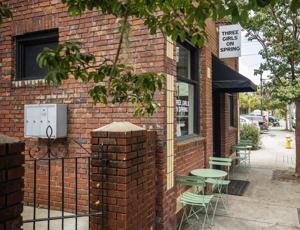For those who grew up drinking fresh cow milk, a storehouse of calcium and high-quality protein, a day without boiled milk sweetened or flavoured is unimaginable. Since it's not easy to source fresh milk from local dairy farmers these days, most households rely on packaged milk for their daily needs. But many continue the habit of boiling even if it is packaged milk.
Is there a need to do that? Packaged milk undergoes a process called pasteurisation, where the milk is heated to temperatures of 71°C (degree Celsius) to kill harmful bacteria and viruses such as Avian influenza virus, Mycobacterium, E. coli, Listeria, and Campylobacter, among others, and to increase its shelf life. Because of this pasteurisation process, it is generally safe to drink packaged milk without boiling.

However, if pasteurised milk is not stored at the correct temperature, it may be necessary to boil it to kill any harmful bacteria and viruses that could develop. Boiling milk can also increase the presence of medium and short-chain fatty acids, which are beneficial for people with milk indigestion due to protein allergy or lactose intolerance. It is important to note that many studies have shown that when milk is pasteurised at temperatures of 100 degrees Celsius or higher for more than 10 minutes, there is a significant decrease in the levels of certain vitamins and minerals, such as vitamins B2, B3, B6, and folic acid.
Boiling milk for extended periods also reduces the amount of vitamin D, negative.























